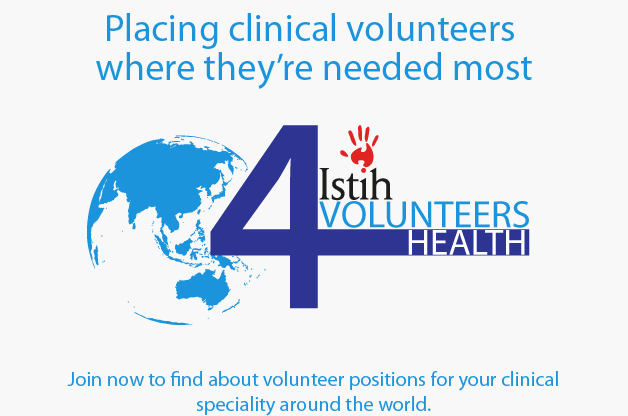A team of emergency medicine specialists, surgeons and anaesthetists has come together to guide the development of a landmark emergency medical education program in Myanmar.
The team is comprised of Western Australian, Australian and internationally based doctors. A key member is Perth-based Associate Professor Chris Curry, a specialist in Emergency Medicine based at Fremantle Hospital, who currently serves on the International Skills and Training Institute in Health (ISTIH) Medical Advisory Committee. The lead emergency physician is Dr Georgina Phillips, a colleague of Dr Curry’s, based at St Vincent’s Hospital in Melbourne. Co-ordinating the team is Dr James Kong, a Hong Kong based, Australian trained surgeon who grew up in Myanmar.
The group will visit Myanmar in June 2012 to deliver the first ever Myanmar Emergency Medicine Introductory Course (MEMIC) to doctors at Yangon General Hospital (formerly Rangoon).
This is the second visit Dr Curry will make to the Indian Ocean nation. In February of this year, Dr Curry visited teaching hospitals in Yangon and Mandalay, at the invitation of leading Burmese surgeon, Zaw Wai Soe. This visit contributed to the building of an Emergency Medicine development plan that will utilise Dr Curry’s network of Australasian colleagues within the International Emergency Medicine Special Interest Group (IEMSIG) of the Australasian College of Emergency Medicine (ACEM), fellows of the Australasian College of Surgeons, and international colleagues based in Hong Kong, as advisors and initial trainers.
This plan will unfold over three major phases. The first is to recruit doctors currently specialised in other disciplines to undertake a series of intensive short courses in emergency medicine – of which the June 2012 MEMIC course will form a key part. These doctors will become leaders in the next phases of the program, and will be involved in the establishment of a Masters in Medical Science program specialising in Emergency Medicine, with international guidance where required. The final phase will extend emergency medicine training programs to other clinical practitioners and allied health workers, including general practitioners, ambulance officers and emergency nurses.
“Having had half a century of a closed military dictatorship”, says Dr Curry, “most of the country’s doctors have had no exposure to modern emergency medicine.”
Dr Curry cites the “established and maturing” emergency medicine training program initiated at the University of Papua New Guinea, Port Moresby in 2001 as a successful example of the ‘train the trainer’ model. In Papua New Guinea, he explained, though there are still Australian clinicians visiting to assist and act as medical examiners, education in Emergency Medicine has progressed to the stage that “ten years down the track… they now are almost independently training and graduating their own emergency physicians.”
ISTIH support will contribute towards assisting doctors in Myanmar to devise a system best suited to their own working environment, with invited assistance from international specialists such as the IEMSIG group, in addition to several of Dr Curry’s colleagues in Perth.
ISTIH is proud to provide ongoing support for Dr Curry’s work in Myanmar, and recently extended the offer of support to his colleagues.



